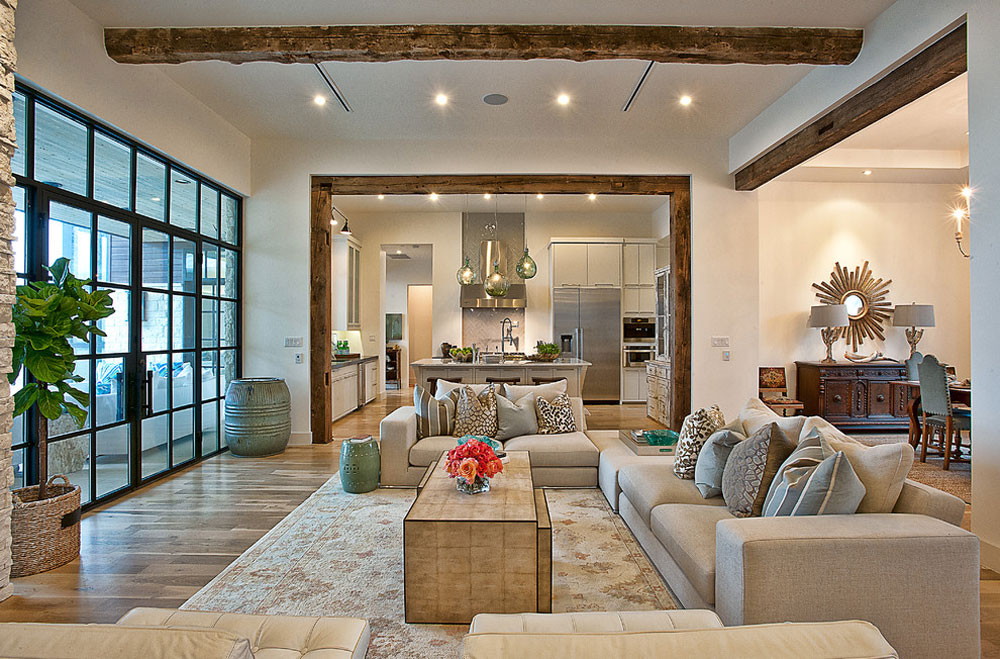
If you’ve been considering buying a house — or if you’re actually in the process — you’ve probably heard two things quite a bit lately:
- Rates are going up.
- They’re still historically cheap.
Yes, interest rates remain historically low, but that doesn’t negate the fact that they’re higher than if you had only recently purchased a home. Don’t grind your teeth…
Likely, rates and house values will drop in the near future, so wait just a little longer and you’ll see how well it pays off. Unfortunately, it appears that rates may rise even more in the near future, and home prices don’t appear to be on track to come down by much.
So, let’s look at some methods for managing increasing interest rates in order to make your payments as manageable as possible, and maybe even save money.
Credit. Clean it up. The better your credit is, the lower your interest rate will be. Check out your credit report to see if anything obviously wrong can be fixed. If anything looks strange to you, get advice from your mortgage rep or a credit repair professional on any issues they discover that you could fix, pay down, or reduce in order to raise that credit score.
Shop around. Check with a few lenders to find out who offers the lowest rate. Alternatively, go through a mortgage broker that has access to several lenders and can do the shopping for you. If one appears too good to be true, be mindful of the rates and charges. If you happen to know anyone that works at a credit union or is connected with one, ask them – they frequently have better rates since they lend their own cash and/or have a closer connection with their customers.
Buy discount points. Buying down your mortgage rate by paying “discount points” is a good idea. These are fees paid in advance to secure a lower mortgage interest rate. Buying a point will cost you 1% of your home loan and will typically reduce your interest rate by 0.25 percentage points, although this varies from lender to lender. Most offer a maximum number of points you can purchase, and they sometimes provide the choice of purchasing smaller than full point increments. If you want to stay in your home for an extended period, this is a great alternative.
Lock in that rate. Despite the fact that rates have already been on the rise, there’s a good chance they’ll rise even more. Rate locks are generally only given for 60 days, so if you want to buy soon, now is the time to lock in at current rates. Make sure to ask your lender how much a rate lock will cost you. Check to see whether they provide a “float down” option, which would allow you to take advantage of a lower rate than the one you locked in if rates drop before you close on your property.
Get an adjustable mortgage rate. Rates have been so low for so long that adjustable rate loans haven’t really appealed to consumers, since the 30-year fixed-rate mortgage was so cheap. However, as individuals strive to save money wherever they can, adjustable rate mortgages are making a comeback. Variable rate bonds give you the greatest chance of securing higher rates compared to fixed rate bonds. Variable term mortgages are normally more favorable with a greater interest rate at a predetermined period, but only for a limited time before they raise (as the name implies). Depending on what rates are when the opportunity arises, they might change up or down. To be safe, anticipate that the rate will be higher on that day. The period before the rate rises is usually 5, 7, 10, or 15 years. If you’re not thinking about living in your house for a complete 30 years, these are ideal. Consider how long you’ll stay in your house and pick one that won’t change rates before you move so you aren’t penalized. If you’re sure you’ll be moving in the next decade, a 10-year ARM may be the best option for you.
Make bi-monthly payments. If you pay half of your monthly mortgage payment every two weeks, you end up making an extra payment each year. This cuts years off your loan and saves you a lot of money in interest charges.
Re-fi when the rates move down. Keep an eye on interest rates. When mortgage rates fall significantly, refinance your mortgage at a lower rate.
You don’t necessarily have to accept whatever interest rates are offered. As a result, even if rates aren’t as low as they’ve been in the recent past, you still have choices and control over how much interest you’ll pay. You’re certain to save money if you utilize one or a combination of the techniques above!



